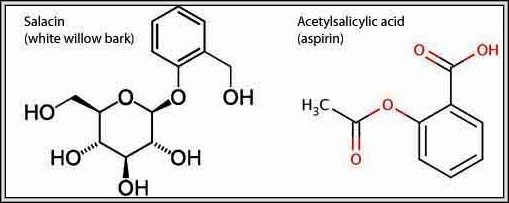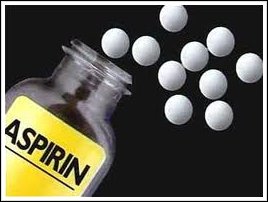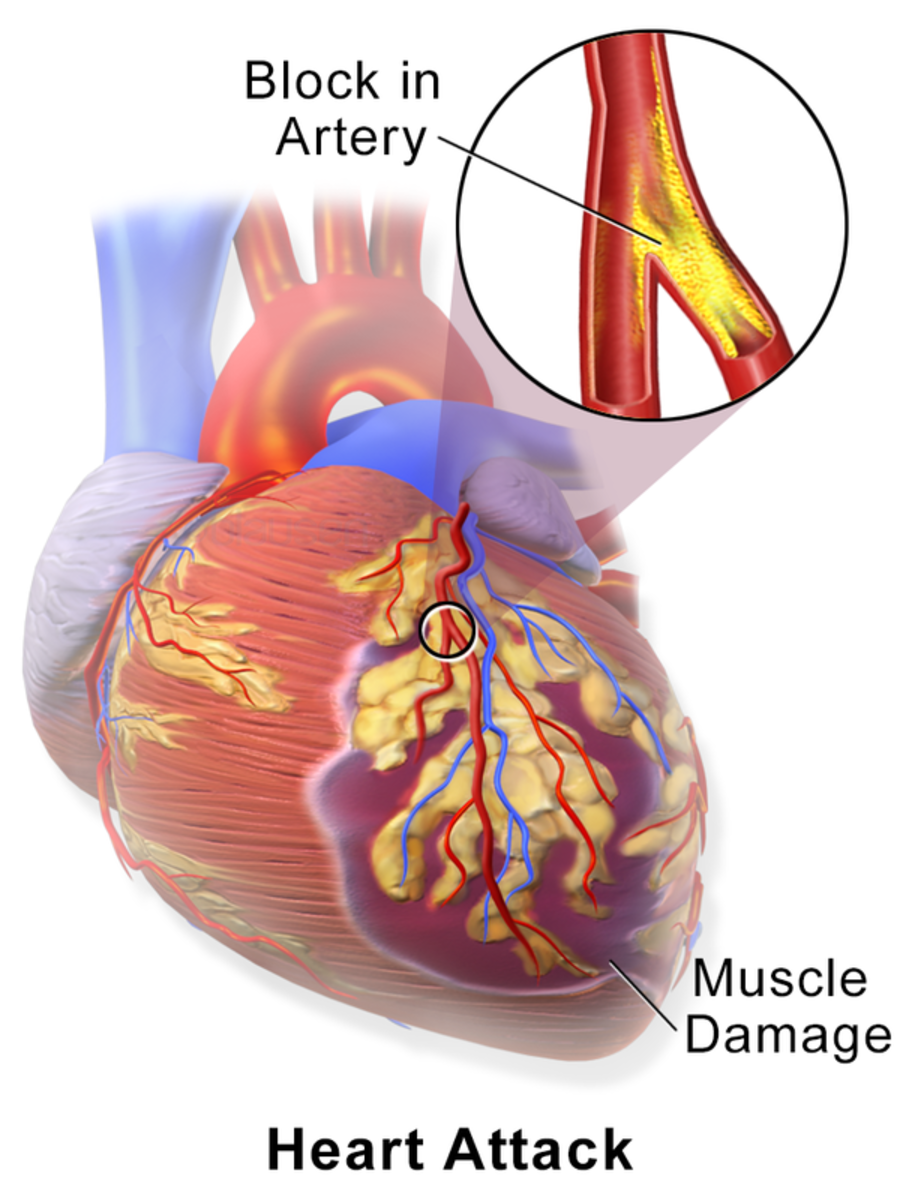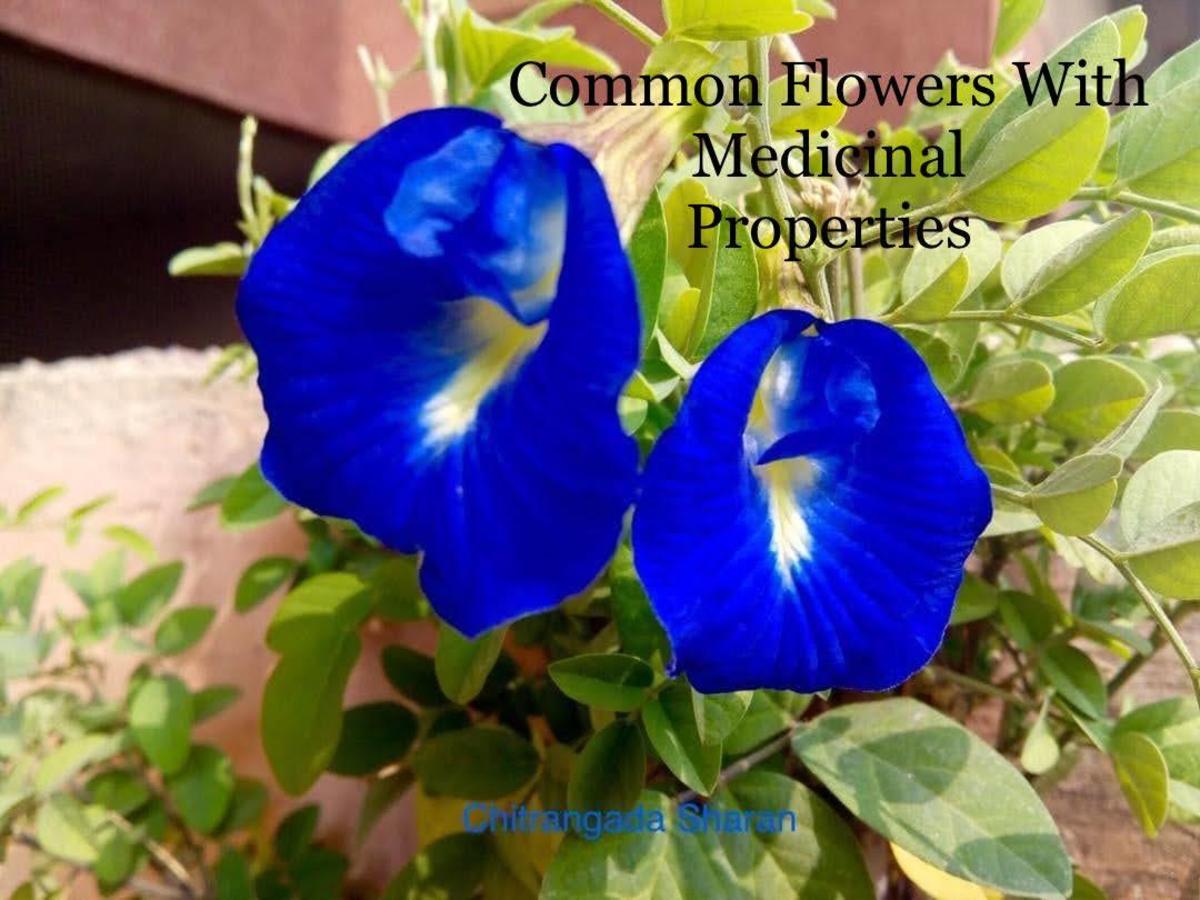Alternatives to Aspirin


The effects of aspirin and similar substances have been known as far back as 400 B.C when Hippocrates discovered leaves and bark of the willow tree relieved pain and reduced fever. But it wasn't until the 1800s scientists discovered what the substance in the willow tree was that produced the results. It was salicylic acid, a natural substance similar to acetylsalicylic acid, more commonly known today as aspirin.
However, there was one serious drawback. It caused severe stomach and mouth irritation. Not long afterwards, French chemist Charles Gergardt mixed another chemical with it and fixed that problem. The only problem was the procedure consumed too much time to be practical, so the formula sat on a shelf gathering dust for another 65 years. Then German chemist, Felix Hoffmann, "rediscovered" it while searching for something to relieve his father's arthritis.
In 1948, Dr. Lawrence Craven, a California general practitioner, observed 400 men he had prescribed aspirin for hadn't suffered any heart attacks. Hence, the long held notion aspirin helps prevent heart attacks and strokes. Aspirin was reported to stop blood platelets from sticking together and forming clots, thereby decreasing the chance of blockages. It was recommended for those who had had a heart attack because physicians believed it was beneficial in preventing a second one.

A more recent French study conducted in April 2000, for all intents and purposes, seem to support that conclusion. But, not all apparently agree, as evidenced over the recent aspirin flap. Accusations have surfaced claiming the study had major flaws and conclusions drawn didn’t necessarily coincide with the actual data. When the report was published, it was reviewed by unbiased physicians not associated with the study. They discovered aspirin did not reduce vascular deaths, had no significant effect on major non-fatal vascular events other than deep vein thrombosis. They found generalizations about the benefits of aspirin that “…may have dire consequences for patient care."
One may wonder why a study conducted in 2000 with this kind of shocking results is only recently reaching the masses! An answer might be found by tracking the money trail. In any event, it seems the medical community is reversing their thoughts on the matter. Now it’s being claimed there is evidence indicating aspirin can significantly increase the risk for pancreatic cancer and development of sub capsular cataracts.
Despite this information people continue taking it daily, thinking it's worth the risk to prevent a heart attack or stroke. But is it? More recent research suggests a daily aspirin regimen may actually increase the risk of heart attack or stroke in nearly half of America’s population.
A study by the McMaster University in Hamilton, Ontario, Canada, found 40 percent of test subjects actually had faster clotting time with aspirin than those not taking it. In other words, it made them more susceptible.
Further studies in a group of 180 stroke patients given aspirin all seemed to respond well initially. However, in 33 percent, blood clotting activity actually increased after 12 hours, creating a condition worse than before aspirin was ingested. In light of this information, is it advisable for doctors to continue prescribing aspirin? Many might say no.
But, what if there was an alternative? First of all, it isn’t a necessity to maintain health…and it’s toxic. More and more people are turning to alternative medicine in the form of digestive and systemic enzymes to balance their metabolism. The point being is not to artificially thin out the blood and reduce its clotting abilities, but to do it naturally without harmful side effects.
Numerous studies have shown, enzymes improve blood cell separation, thereby reducing clotting. The same thing aspirin does. Enzymes also improve metabolic functioning, thus reducing inflammation.
It’s reported the best enzymes for these purposes are found in pineapples and called bromelain. It provides the same benefits as aspirin, but without negative side effects and has many other health promoting properties as well. There are others such as Nattokinase. It can dissolve blood clots and reduce fibrin in the blood, the agent responsible for clotting.
Many advocate therapeutic grade essential oils as an excellent alternative to aspirin. Their aroma lowers blood viscosity, thus improving circulation. They also provide many of the same benefits as enzymes and are high in antioxidants. The most popular seems to be clove oil.








